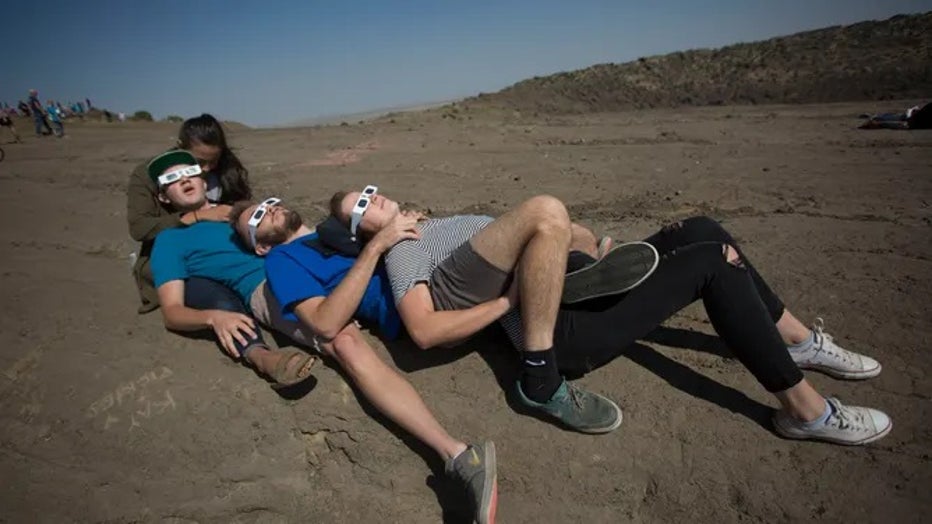How NASA plans to study the sounds of the total solar eclipse

Capturing the sounds of a solar eclipse
A NASA-sponsored study is enlisting citizen scientists to record their sounds and sites of the total solar eclipse in April to better understand how wildlife is response to the eclipse. (Video: NASA)
Experiencing a total solar eclipse is a magical experience for your eyes – with eclipse glasses. However, the full eclipse experience is not just what you see but what you hear or don't hear, and a NASA-funded project plans to study the soundscapes of the 2024 total solar eclipse.
As the sunlight fades during totality, the temperature can drop as much as 10 degrees, and if you are with a group of people, it can be amazing to witness other people's reactions to this astronomical event many will only see once in their lifetime. According to NASA, insects and animals also react to sudden darkness in unusual ways. Birds go quiet, and crickets start their nightly chirping.
A space-agency-funded project plans to study these reactions with help from citizen scientists during the April 8 total solar eclipse, which takes place in Mexico, parts of the U.S. and Canada. The space agency is asking eclipse watchers to participate in the Eclipse Soundscapes Project to understand how eclipses affect wildlife by measuring the changes in sounds they make during totality.
HOW TO SAFELY WATCH A SOLAR ECLIPSE
In 1932, scientist William M. Wheeler conducted a similar study during an eclipse over the U.S. and Canada, capturing nearly 500 observations. With the help of modern technology and the powerful reach of NASA, the Soundscapes Project will be able to include a large population and gather more soundscapes. The April 8 eclipse will pass over 30 million people in North America, covering a variety of ecosystems.

Friends from a nearby college watch the eclipse together on Menan Butte August 21, 2017 in Menan, Idaho. Millions of people have flocked to areas of the U.S. that are in the "path of totality" in order to experience a total solar eclipse. (Natalie Be
"The more audio data and observations we have, the better we can answer these questions," Kelsey Perrett, Communications Coordinator with the Eclipse Soundscapes Project, said. "Contributions from participatory scientists will allow us to drill down into specific ecosystems and determine how the eclipse may have impacted each of them."
WHERE YOU ARE LIKELY TO SEE THE APRIL TOTAL ECLIPSE BASED ON CLOUD COVER FORECASTS
Volunteers can participate in several ways by using their senses. You can collect audio and record the sounds during the eclipse or even just observe your surroundings, taking notes on what you heard, felt or saw during totality.
Some national parks will also participate by setting up recording stations in U.S. parks to capture the audio of the native species.
People can participate in the project by signing up as an observer or a data collector and learning to set up an audio recording at eclipsesoundscapes.org.

